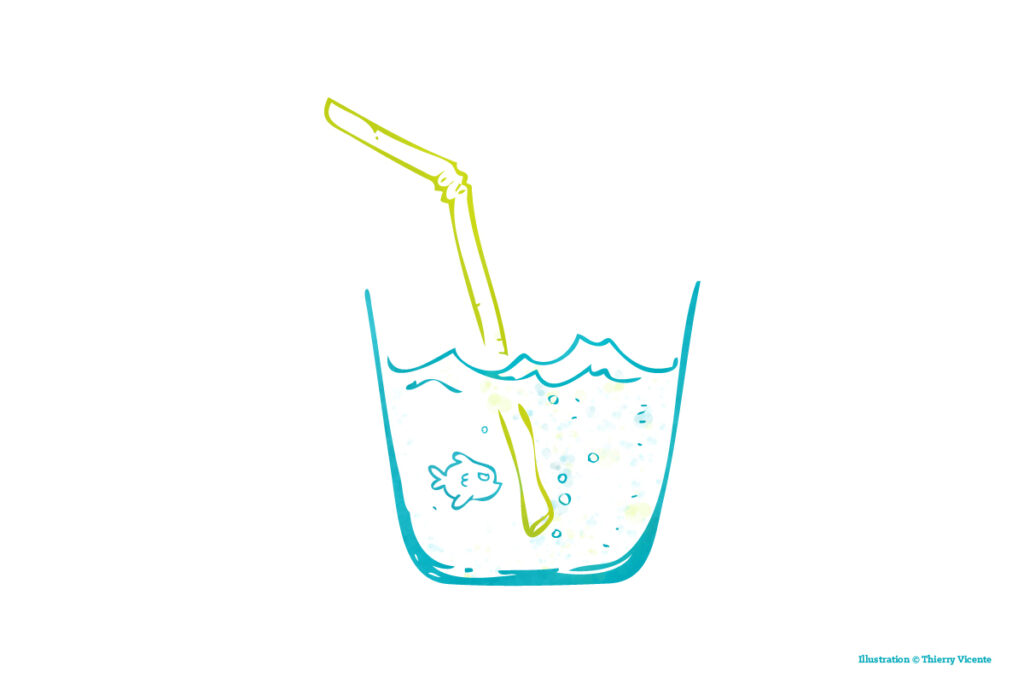[LUM#2] The sea to drink
Transforming seawater into drinking water using an environmentally friendly and economical process is the challenge taken up by researchers and students at Polytech and Montpellier Engineering.

Access to drinking water is a major issue for millions of people around the world. And global warming isn't helping: according to UN experts, the planet is expected to face a 40% global water shortage by 2030. Yet water covers 70% of the Earth's surface... in the form of seas and oceans. Undrinkable? Perhaps not. "Since the 1950s, we have known how to convert salt water into fresh water using intensive desalination processes," explains Marc Héran, a lecturer at Polytech and researcher at the European Institute of Membranes (IEM). The problem is that desalination plants consume enormous amounts of energy. "Most of this energy comes from oil, which is not sustainable from an ecological point of view."
Choosing solar energy
The solution? A desalination unit that runs on solar energy. Called Dunetec, this innovative technology is being developed by researchers and students at Polytech in collaboration with Montpellier Engineering. "Solar energy is used to heat seawater so that it evaporates and then condenses. The result is fresh water,"explains Jean Pierre Mericq, a researcher atIEM lecturer at Polytech. It's a simple principle but a real technological challenge. "We had to optimize the evaporation process to obtain as much fresh water as possible using a minimum of energy and taking up as little spaceas possible," explains André Chrysochoos from the mechanics and civil engineering laboratory, who also teaches at Polytech.
A dozen students from different engineering school programs contributed to meeting the challenge. "This is a cross-disciplinary project that requires expertise in the field of water, but also in modeling, electronics, and information processing," emphasize the teachers. This collaboration has resulted in a prototype that is currently being tested in Port-la-Nouvelle.
Local solution for global shortage
Next step: offer this technology to regions that enjoy high levels of sunshine and access to the sea. The initial target areas are southern Spain and the Greek islands. "A desalination unit should be able to meet the drinking water needs of a village of 200 people," explains Laurent Trémel, president of Montpellier Engineering, who highlights one of Dunetec's advantages: its ease of use. "Maintenance and servicing can therefore be carried out independently by the local population."
Read also:
Find UM podcasts now available on your favorite platform (Spotify, Deezer, Apple Podcasts, Amazon Music, etc.).